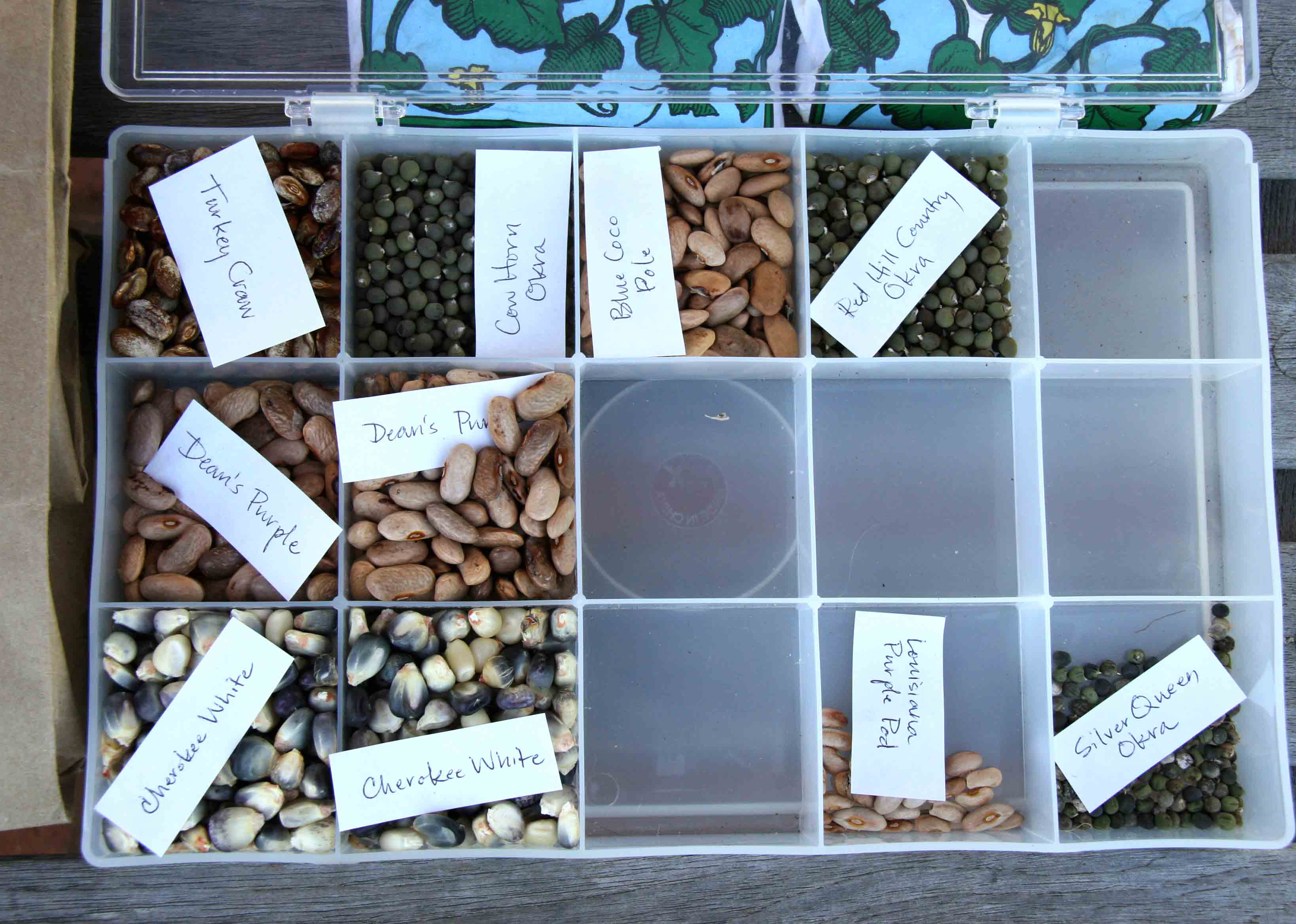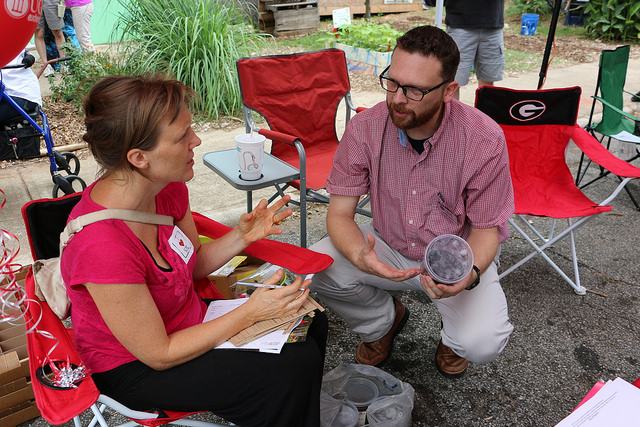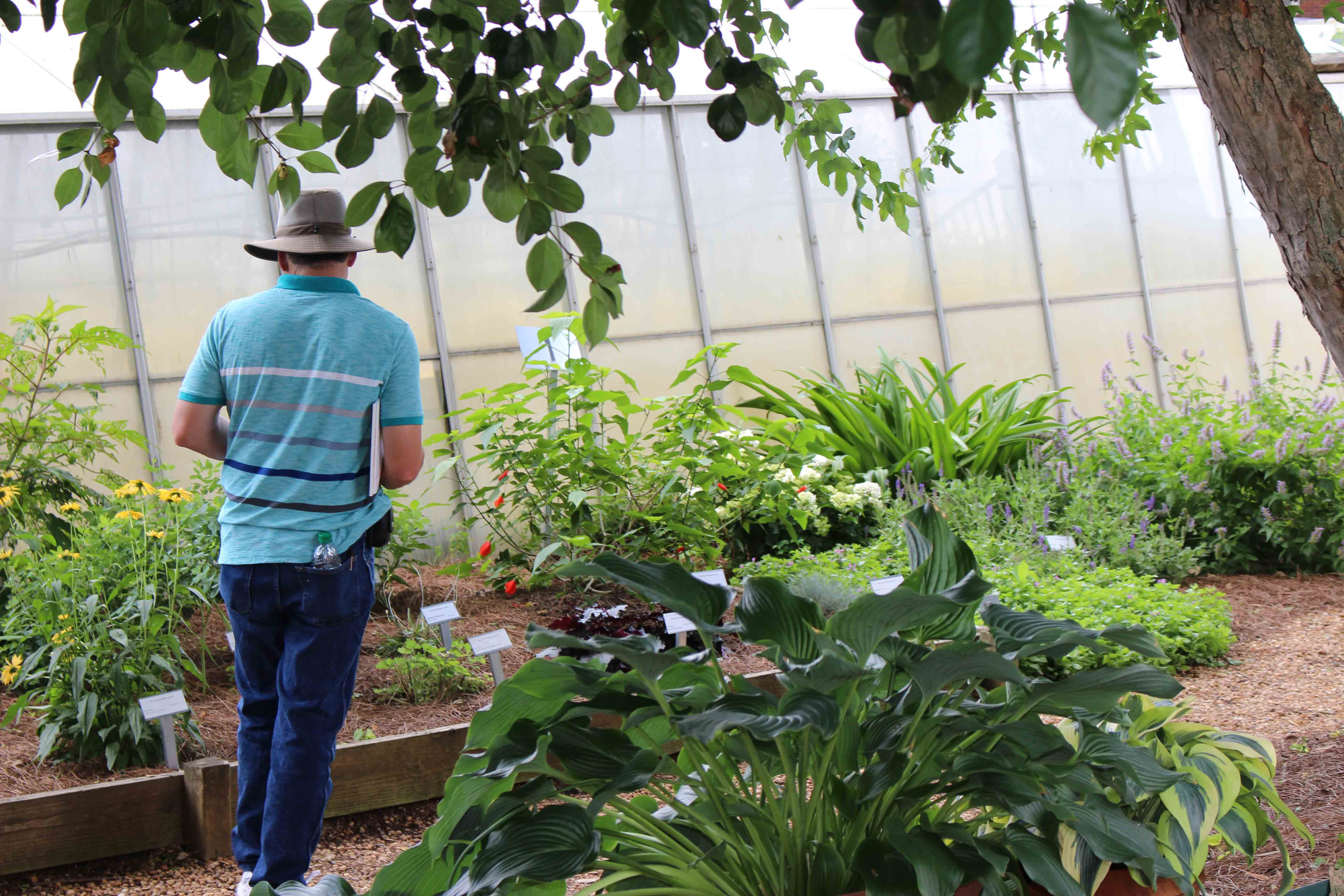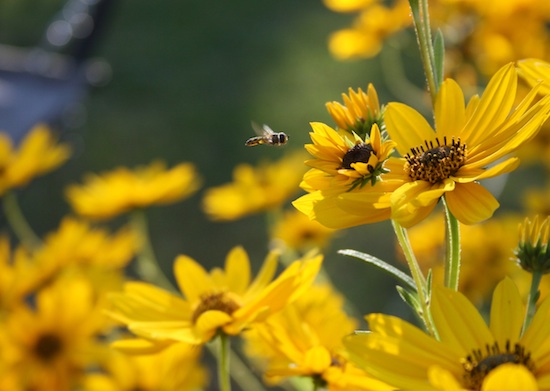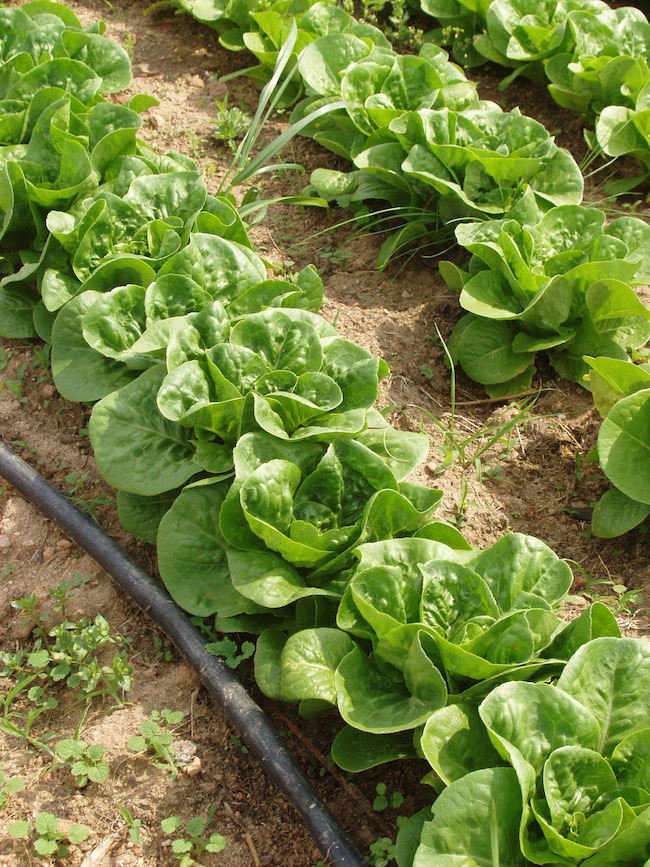 CAES News
CAES News
Second Winter Crop
Late January and early February are great times to plant cool-season vegetables. Many gardeners gave up on planting a fall vegetable garden last year due to the exceptional drought conditions. However, the great thing about living in Georgia is that we have a second window of opportunity in late winter to plant a number of cool-season vegetables.

